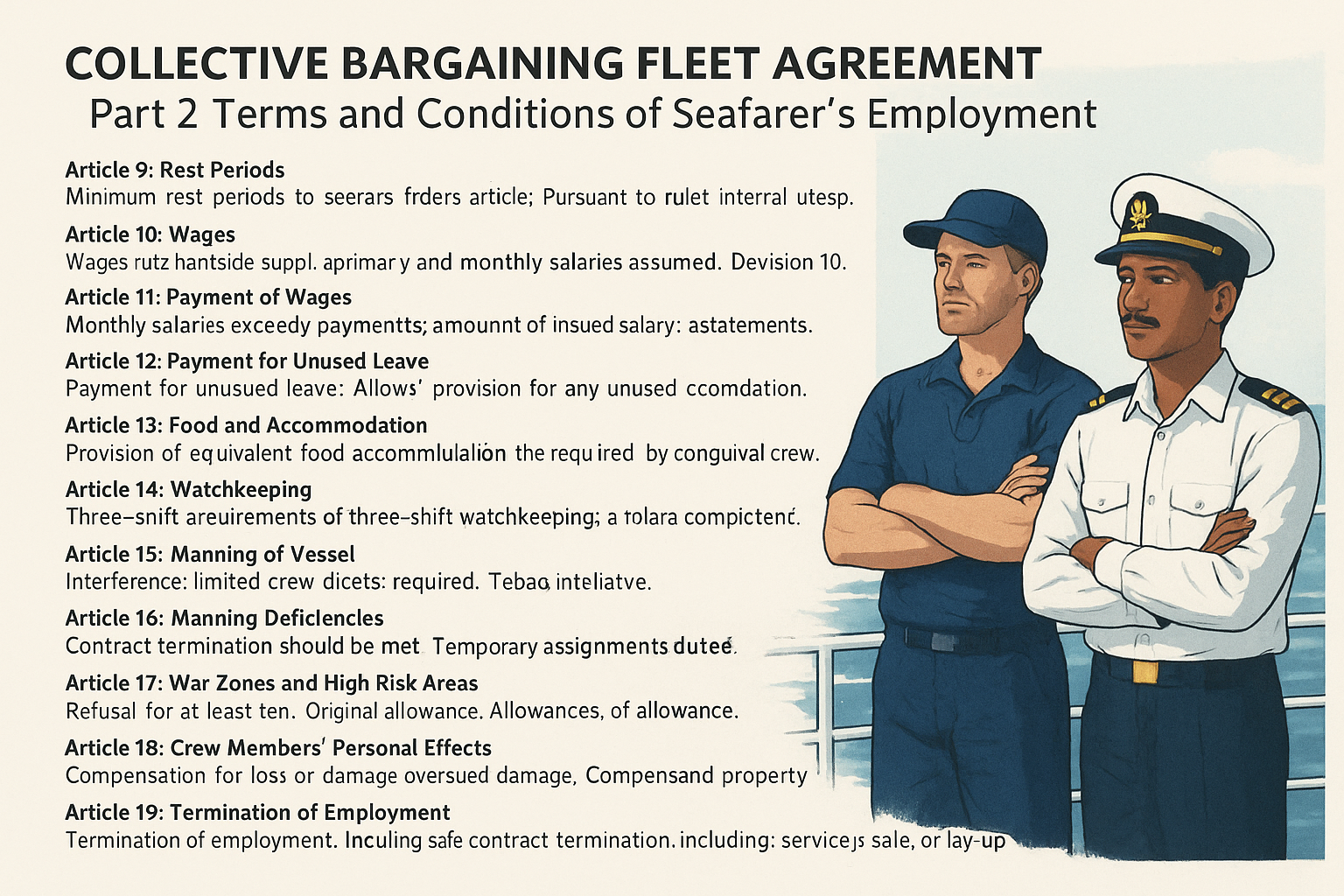BULK CARGOES
The IMO Code of Safe Practice for Solid Bulk Cargoes contains information
in respect of materials carried in bulk and recommendations in respect of safety, cargo distribution, and cargoes which may liquefy under certain conditions.
Masters are required to ensure that a copy of the latest edition of the IMDG Code is retained on board.
Cargo Procedures
The purpose of this section is to serve as a reminder to ships’ personnel and ship and terminal operators of the need to observe essential precautions and routines before and during cargo loading or unloading operations.
It is essential that the Master and Senior Officers are familiar with the contents of the IMO Code International Maritime Solid Bulk Cargoes (IMSBC Code). The SOLAS Convention requires that information on the cargo to be loaded must be provided to the Master by the shipper, and the IMSBC Code gives guidance on the type of information to be expected, thus allowing proper assessment of its carriage to be made. Masters should insist that adequate information is always made available; the safety of the ship depends upon it.
A detailed loading plan must always be prepared. In large bulk carriers several passes
must be made, loading part of the cargo for each hold on each pass. The use of a loadicator will allow comprehensive calculations to be made, and thereby ensure that the number of passes is ufficient not to over stress the ship. If, during the loading operations, difficulties or problems are experienced that may cause significant
departures from the stresses allowed for in the plan, then cargo loading should be suspended.
When discharging cargo, especially if impact methods are used to dislodge residues, the possibility of damage to the ship’s structure exists. Ukrcrewing even minor distortions or fractures, when repeated in many places in several holds, will have a cumulative effect upon the overall strength of the ship. Masters should be alert to the risk of potential damage by such practices, and should intervene if necessary.
The Master must ensure ship’s personnel constantly monitor the cargo operation to
confirm the agreed plan is being followed. This will include regular checks of the drought to confirm tonnage figures supplied, and both should be recorded in a cargo logbook. If significant deviations are detected, cargo operations should be suspended, and a safe plan calculated to correct the matter before resumption is allowed.
A written agreement must be submitted by a shipper accepting responsibility for the discharge of cargo
overloaded should his equipment or personnel fail to stop loading when requested to do so.
Masters are to ensure having all equipment ready before hand including ladders, long handled scrapers, small hose and sufficient lime.




